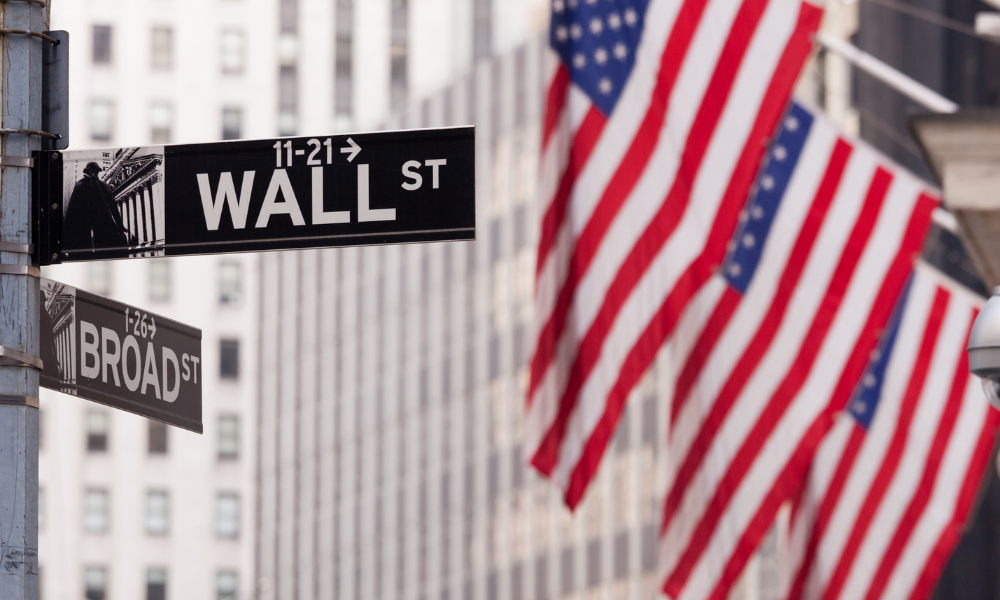

by Megan Howard
The Federal Reserve released hypothetical scenarios for its annual stress tests, which seek to evaluate the resilience of big banks and ensure they can keep lending even in a severe recession.
This year, 22 banks will be tested against a global recession with heightened stress in both commercial and residential real estate markets, in addition to corporate debt markets, the central bank said in a statement Wednesday.
Of the banks set to be tested, only eight with large trading operations will face a global market shock component.
In the 2025 stress-test scenario, the US unemployment rate would rise almost 5.9 percentage points to 10%. That hike would come with severe market volatility, widening corporate bond spreads, a 33% drop in housing prices and a 30% decrease in commercial real estate prices.
The Fed also released two hypothetical elements designed to probe risks through its “exploratory analysis” of the banking system. That analysis is separate from the stress test and will explore other possible risks to the banking system. It won’t affect the lenders’ capital requirements.
One part of that analysis will examine how banks would react to credit and liquidity shocks in the nonbank sector during a severe global recession. The second tests the largest and most complex banks. It looks at the hypothetical failures of five large hedge funds, along with reduced global economic activity and higher inflation.
Vice Chair for Supervision Michael Barr has previously said he wants to broaden the scenarios in these annual tests to gauge whether big banks can weather shocks and still keep lending. Barr announced last month that he will step down from his role as the Fed’s top bank cop on Feb. 28, or earlier if a successor is confirmed.
The central bank has said it plans to overhaul its stress tests of big lenders to smooth out changes in required capital levels from year to year. It intends to begin the public comment process on its changes in 2025.
In December, banking and business groups sued the Fed over the annual stress tests, saying they want more transparency and input into how the rules are adopted. They argued the criteria for the tests are designed in secret and produce “vacillating and unexplained requirements and restrictions on bank capital.”
President Donald Trump last week assailed the Fed’s approach to bank regulation and accused Chair Jerome Powell of fumbling the fight against inflation.
Copyright Bloomberg News

From outstanding individuals to innovative organizations, find out who made the final shortlist for top honors at the IN awards, now in its second year.

Cresset's Susie Cranston is expecting an economic recession, but says her $65 billion RIA sees "great opportunity" to keep investing in a down market.

“There’s a big pull to alternative investments right now because of volatility of the stock market,” Kevin Gannon, CEO of Robert A. Stanger & Co., said.

Sellers shift focus: It's not about succession anymore.

Platform being adopted by independent-minded advisors who see insurance as a core pillar of their business.
RIAs face rising regulatory pressure in 2025. Forward-looking firms are responding with embedded technology, not more paperwork.
As inheritances are set to reshape client portfolios and next-gen heirs demand digital-first experiences, firms are retooling their wealth tech stacks and succession models in real time.
